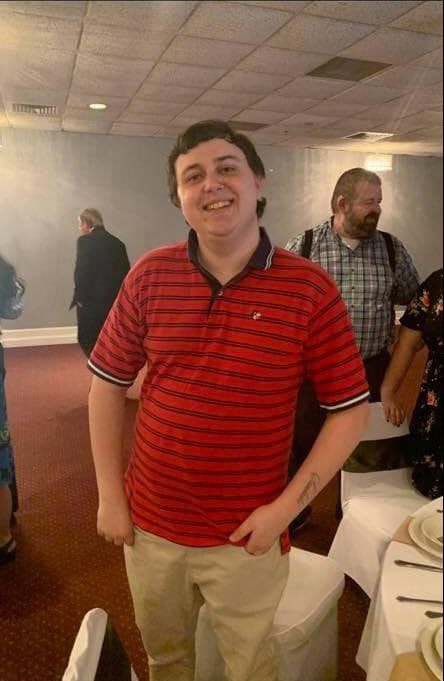
Drew Sullivan is an autistic writer and journalist who looks for opportunities to amplify silenced voices through his work. He currently attends school at the University of Massachusetts, Amherst and writes for the Amherst Wire. This week Drew shared some common autism misconceptions and how he learned to develop a positive autistic identity by connecting with the autistic community.
How did you first become aware of your autism diagnosis?
As a child, I struggled with ADHD and anxiety. After numerous evaluations from both doctors and psychologists, I was diagnosed with Asperger’s while in high school.
In a recent article you wrote for the Amherst Wire, you said, “After years of denial and self-hatred, I’ve come to a surprising but not entirely unexpected conclusion—I am successful because of my autism, not despite it.” What was this process like? Sudden? Slow?
The process was definitely slower than I would’ve liked, but during this time, I learned a lot about myself. The realization itself was faster than the process overall. Once I knew that my autism could be used as an advantage, and saw real-life examples of others with autism who were thriving, it gave me some much needed hope.
How has your life changed since you have come to this conclusion?
Since this conclusion, I’ve been considerably more open and upfront about my autism. Before it was something akin to a “dirty secret,” that I felt if people knew, they would look down on me. Now I know better, that although my autism wasn’t a choice, I can choose to use it in ways that help me in life, instead of looking at it strictly through a negative lens.
You also mentioned in the same article, “One of the biggest challenges those on the spectrum face is not from the disorder itself, but from society—ignorance, stereotypes and misinformation combine to create shame and fear.” Can you give some examples of how this has impacted you? In other words, how has society’s ignorance, stereotyping, and misinformation created some of the challenges you face?
In societal terms, autism and various autism spectrum disorders are widely misunderstood. Some think it is akin to mental retardation. Others believe that all people with autism have Rain Man-like abilities. The truth is, just like the autism spectrum they sit on, there’s also a spectrum of personalities and skills that vary widely amongst the autistic community. I want autism to be seen as a unique difference, instead of a detraction or flaw. Many autistic people suffer in silence due to society’s lack of understanding or even willingness to help. If you view someone with autism as just a person with a disorder, you’re missing the big picture and selling them short in the process.
Describe your transition from high school to college. What preparations did you (or your parents, family, or anyone else) make?
My transition from high school to college was a bit unorthodox. After graduating (barely), I took about three years off from high school to work. After that, I enrolled myself in a community college. This was a key stepping stone for me, as it helped to strengthen my work ethic, got me involved in activism, and gave me life-long connections. My family was integral in this entire transition, helping me both financially and emotionally.
What attracted you to study journalism? What do you enjoy most about it?
Journalism attracted me because I always loved to tell stories, real stories. I loved to hear different perspectives, learn about the world around me, and highlight the voices of those that otherwise might’ve gone unheard. What I enjoy most about it is being able to educate people or enlighten them on something they knew nothing about, or simply didn’t care. Making people care can be challenging.
What are some of the most important factors that helped you develop a positive autistic identity?
The most important factor that helped me develop a positive autistic identity is the increased visibility of the topic, alongside the growing number of autistic voices who are doing a wonderful job at representing themselves. Neurotypical people need to realize that anyone who is neurodivergent needs to still be able to exhibit agency. The best way to learn is to listen when an autistic person is talking; take them seriously.
